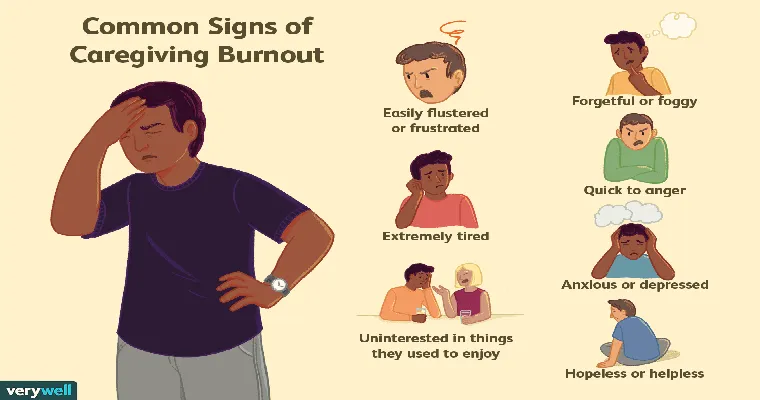Dealing with an "elderly parent" who is reverting to "abusive behavior" can be an emotionally challenging experience. As our parents age, they may exhibit changes in behavior that can be distressing and confusing. Understanding how to manage these situations effectively is crucial for both your well-being and that of your parent. This article will explore the reasons behind this behavior, its impact on family dynamics, and provide practical strategies for addressing the situation.
Understanding the Causes of Abusive Behavior
There are several reasons why an "elderly parent" might display "abusive behavior". Factors such as "dementia", "depression", or other cognitive impairments can significantly alter a person’s mood and behavior. Physical health issues, including chronic pain or discomfort, may also contribute to frustration and aggression. Additionally, feelings of loss of control or fear of becoming a burden can lead to emotional outbursts.
The Impact on Family Dynamics
When an "elderly parent" engages in abusive behavior, it can create tension and strain within the family. Siblings may have differing opinions on how to handle the situation, and caregivers can feel overwhelmed and isolated. It is essential to recognize the emotional toll this behavior can take on everyone involved. This can lead to feelings of resentment, guilt, and helplessness, making it crucial to address the issue proactively.
Strategies for Managing Abuse
1. "Stay Calm and Composed": When faced with abusive behavior, it is vital to remain calm. Responding with anger or frustration can escalate the situation. Take deep breaths and try to approach the conversation with empathy.
2. "Communicate Openly": Engaging in open dialogue can help understand the root cause of the behavior. Encourage your parent to express their feelings and concerns. It may also be helpful to discuss how their actions affect you and other family members.
3. "Seek Professional Help": Sometimes, professional intervention is necessary. Consider consulting a therapist or counselor who specializes in elder care. They can provide valuable strategies and support for both you and your parent.
4. "Set Boundaries": Establishing clear boundaries is essential. Let your parent know what behaviors are unacceptable and the consequences for continuing such behavior. Be consistent in enforcing these boundaries.
5. "Utilize Support Systems": Leverage the support of family members, friends, or caregiver support groups. Sharing experiences with others in similar situations can provide emotional relief and practical advice.
6. "Explore Medical Options": If the abusive behavior is linked to medical conditions, consult with a healthcare provider. Medications or therapies may help alleviate some of the underlying issues contributing to the behavior.
When to Consider Alternative Living Arrangements
In some cases, it may become necessary to consider alternative living arrangements for an "elderly parent" exhibiting consistent abusive behavior. If the situation escalates to the point where safety becomes a concern, exploring assisted living facilities or nursing homes may be the best option. These environments can provide the necessary care and supervision while ensuring a safer atmosphere for everyone involved.
Conclusion
Coping with an "elderly parent" who is reverting to "abusive behavior" can be a complex and emotionally charged situation. By understanding the underlying causes, implementing effective strategies, and seeking support, you can navigate this difficult journey. Remember, you are not alone, and there are resources available to help both you and your parent through this challenging time. Prioritize your mental health and well-being, and do not hesitate to reach out for professional guidance when needed.





